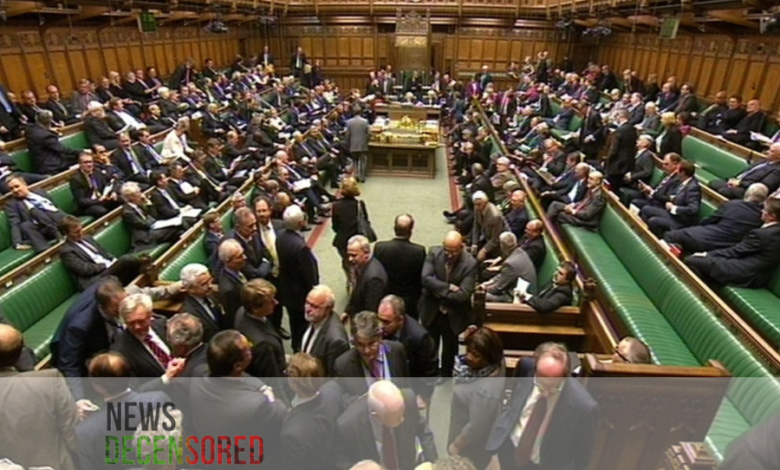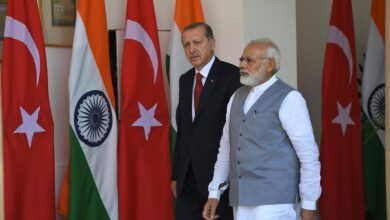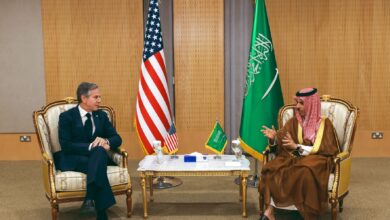
Arts Council England, the main funding body for the arts and culture sector, updated its official relationship framework for National Portfolio Organizations (NPOs) at the end of January, with a policy against issuing political statements. A warning was also included.
In other words, it means that not only the organizations but also the people associated with them – artists and creators – will likely be scrutinized.
Arts Council England warned organizations and the Arts Council itself that their ‘reputability’ could be at risk if they issued certain statements and took political action. Due to this risk, the funding received by these organizations may be affected.
Artists reacted to the news with skepticism and disdain. They feel this move is another step towards censoring and curtailing freedom of expression.
The following day, Arts Council England released a statement, intended to reassure that the policy update was nothing more than a precautionary measure, as opposed to a crackdown or censorship. However, the language used appears to be vague and inconsistent which does not help to remove the air of uncertainty.
This begs the question; how will Arts Council England assess those who speak out against all that is happening in Palestine? What if people call it ‘genocide’, because that’s what it is?
What if those who use art to condemn mass murder also joined the board of an Arts Council England-funded charity or publisher? What political views would be acceptable to Arts Council England?
And will Arts Council of England present itself as the sole arbiter that will investigate individuals who publicly support Palestinian rights, resulting in the defunding of the entire organization?
Or do they wait until a right-wing newspaper files a formal complaint? Those with fundamentally opposing views will also face scrutiny. So why artists in Britian suddenly hearing about sanctions against those who openly criticize Israel?
Some might think that, this approach is reminiscent of New Labour’s 2005 Prevent strategy, which failed miserably because it was largely based on assumptions, agendas and ultimately racism.
How can one genuinely exercise the right to freedom of expression without worrying about causing a ‘reputational risk’?
If people are being forced to censor themselves for fear that the entire organization’s funding will be at risk, where does that leave an area where people can speak out against the imbalance of authority and power?
It feels like a poor attempt to unify and control a field that has become more influential in shaping public opinion through art and activism than policy makers and power brokers.
While the Arts Council has a responsibility to ensure the safety of all its members to whom it provides financial support, it must also ensure the protection of freedom of expression and creation through the arts when necessary.
At a time when many artists, cultural activists and organizations are demanding that British government must ensure a permanent ceasefire in Gaza, these policies feel hypocritical and self-serving.
It would be remiss not to highlight here that when Russia invaded Ukraine in February 2022, Arts Council England expressed its full and unwavering support for the entire Ukrainian cultural sector and the organizations affected.
Those applying for funding may feel as though they are being forced to compromise political views in order to meet the need for government subsidies. This will have a profound impact on the overall structure of the sector. His approach to the creation of art would be influenced and seen as another development in the attempt to suppress the voice of dissent.



